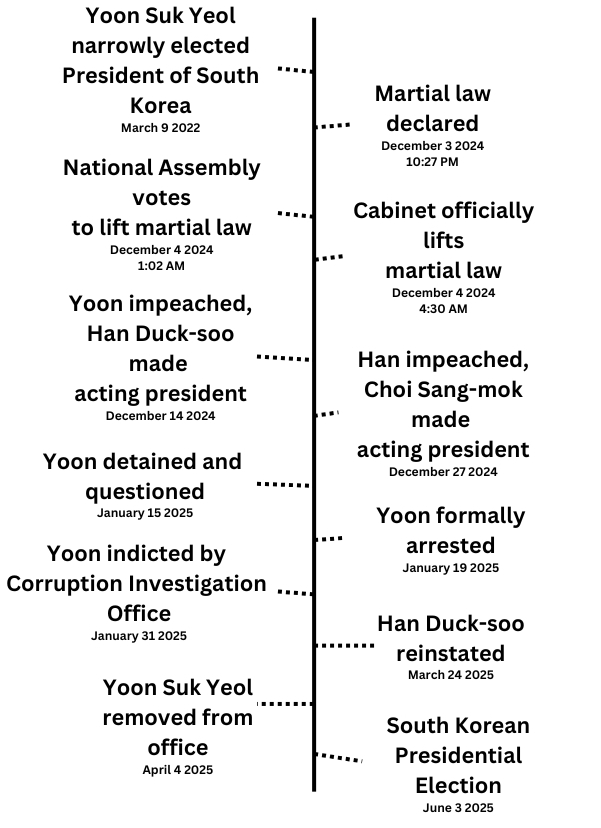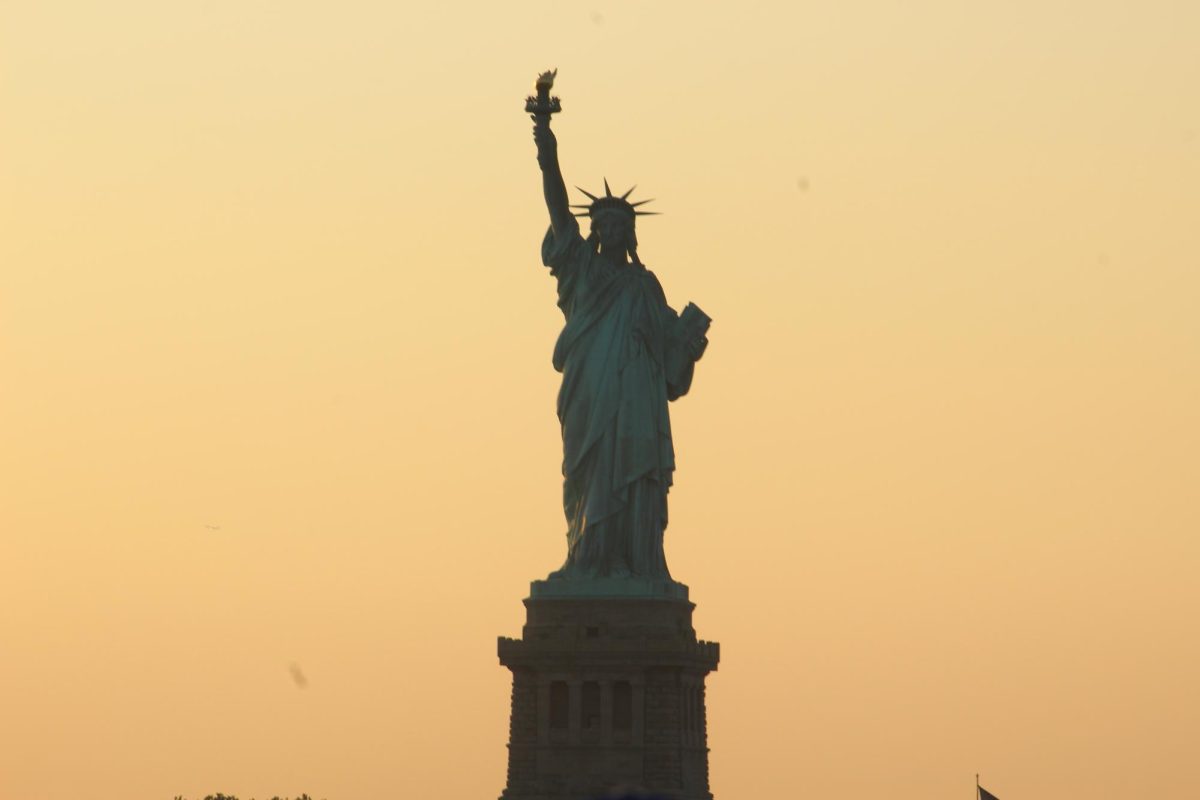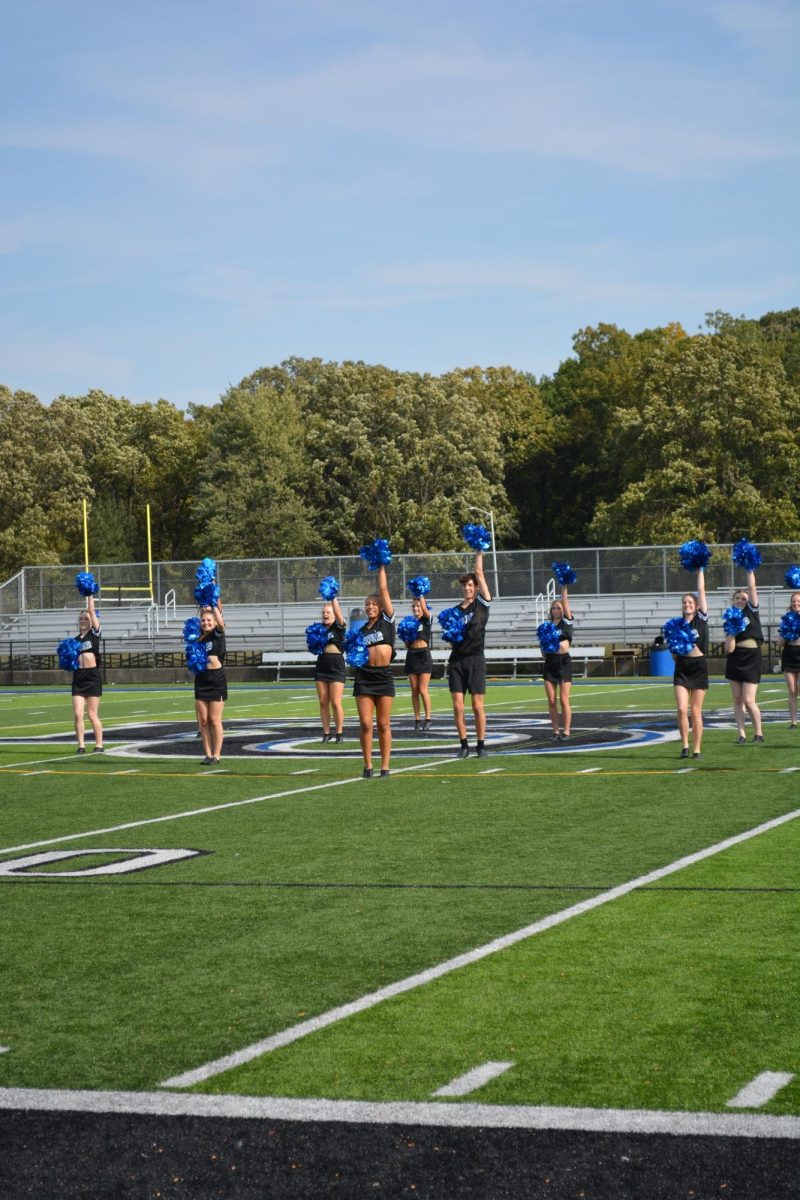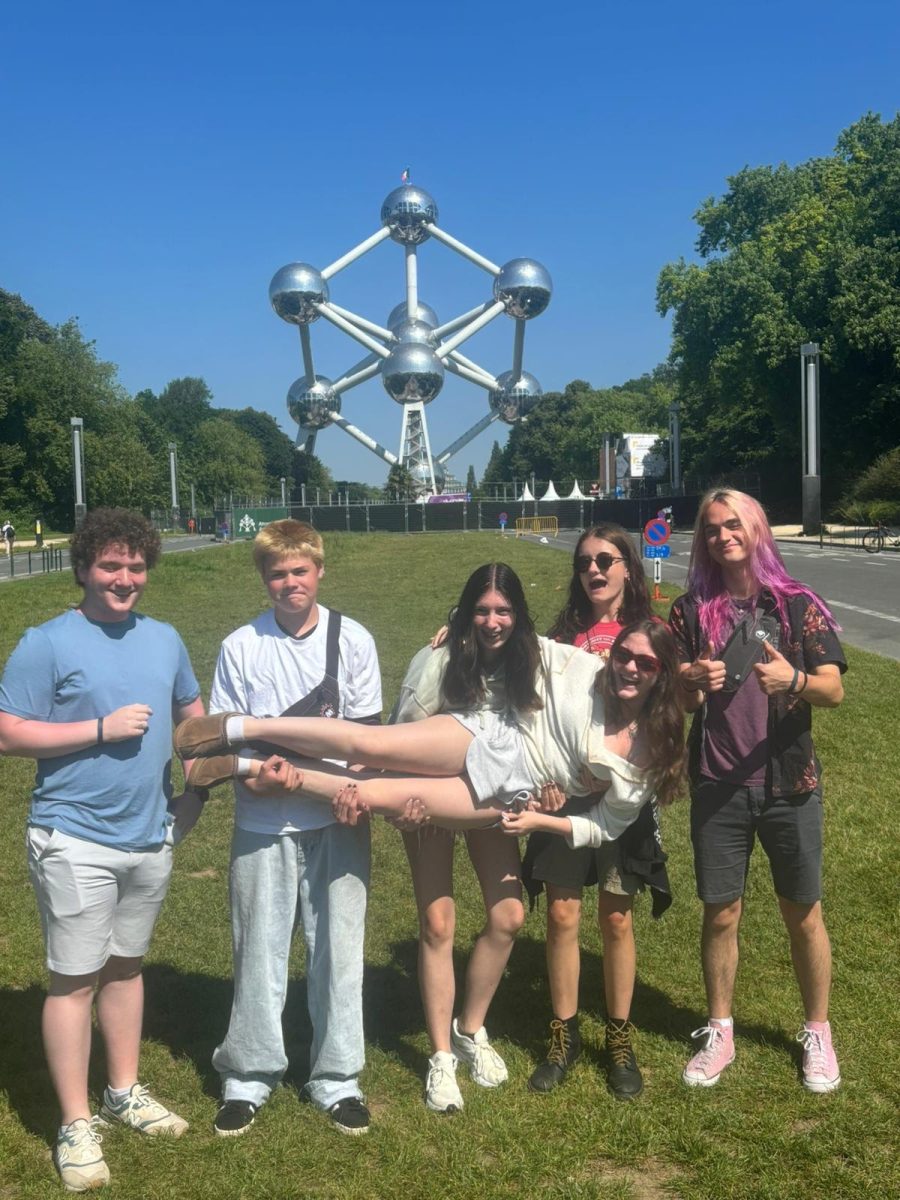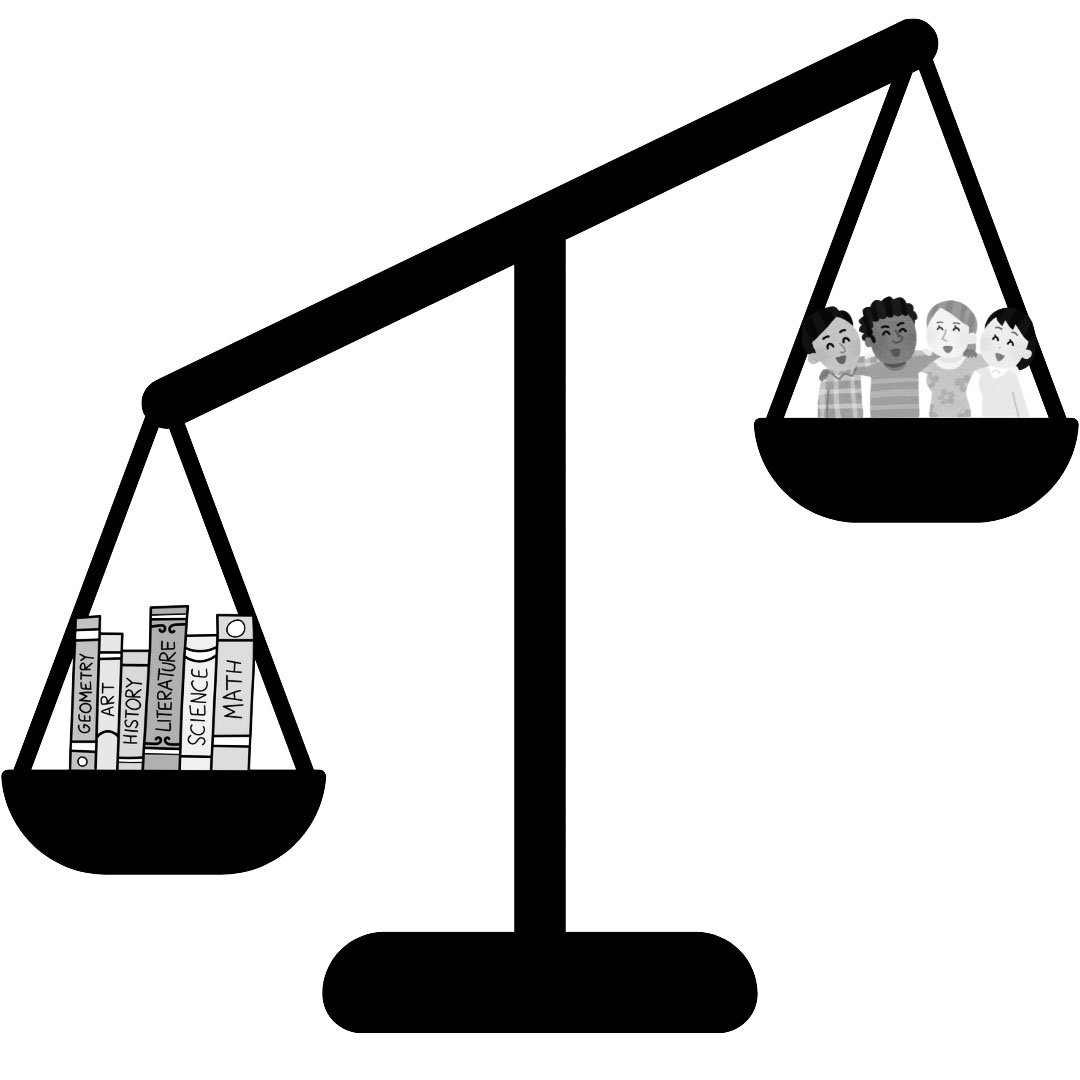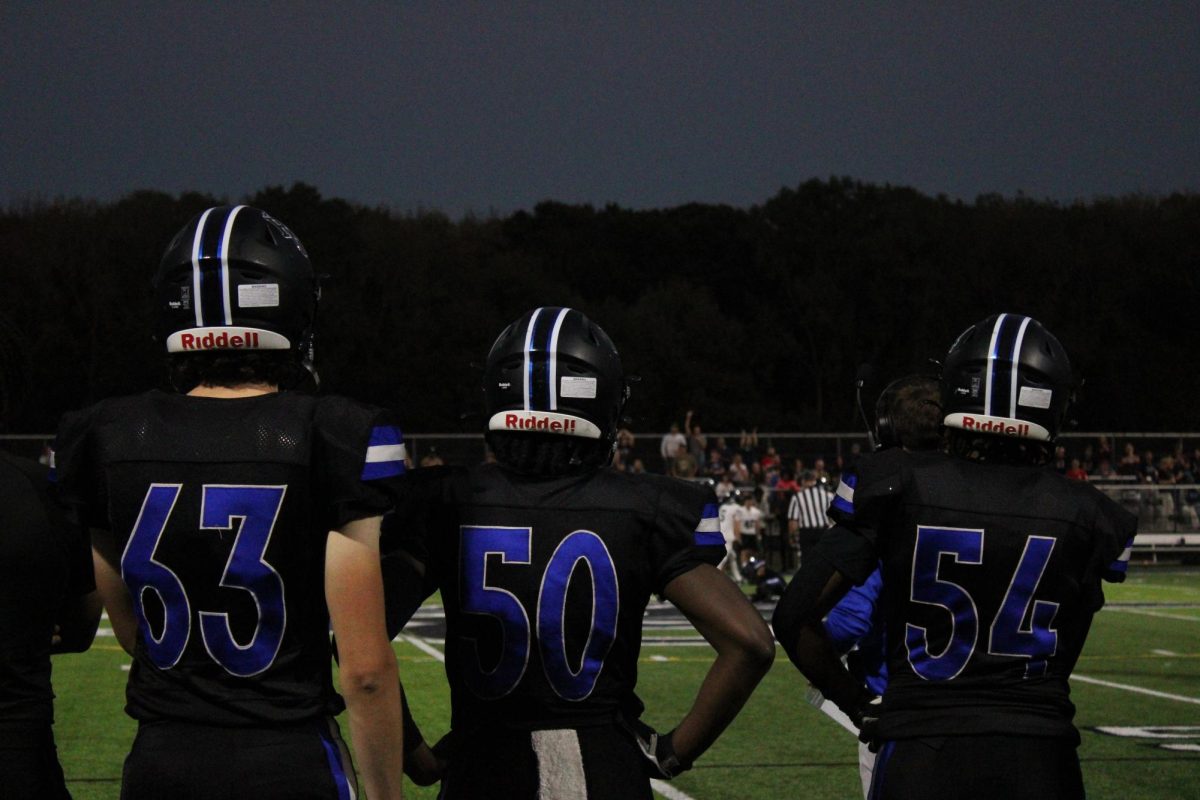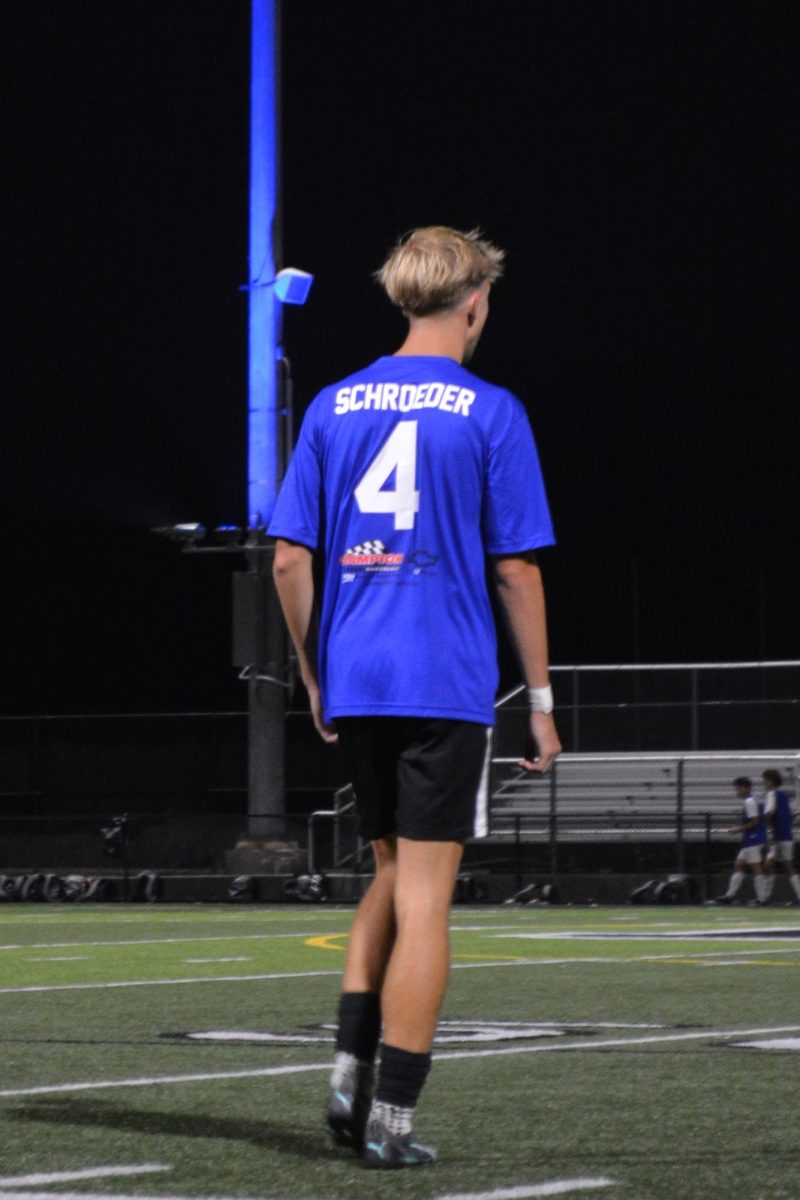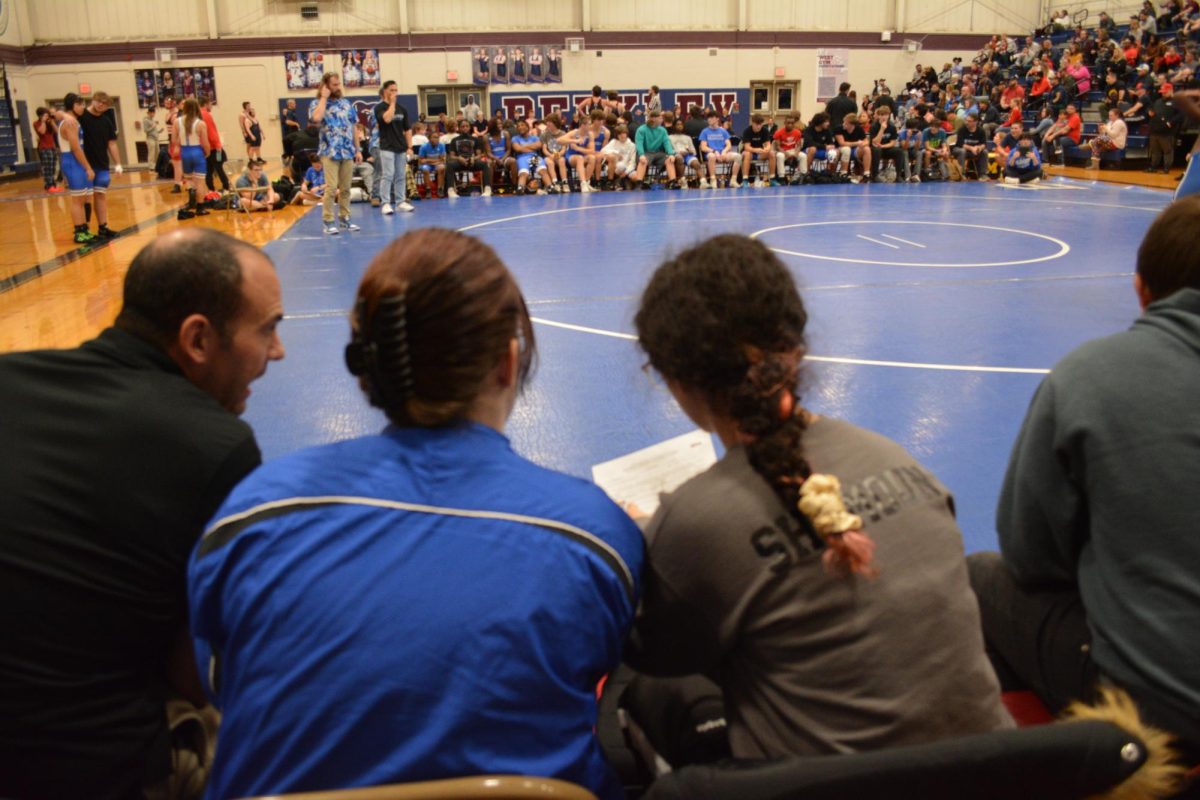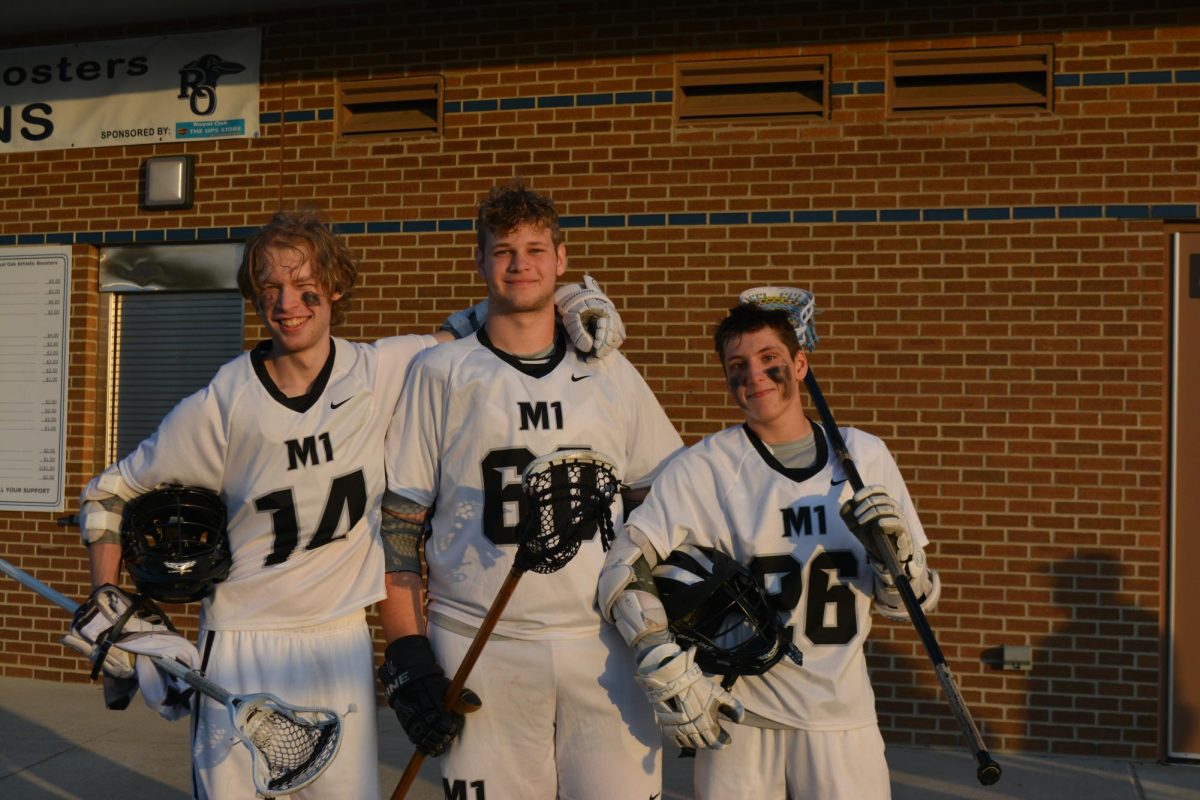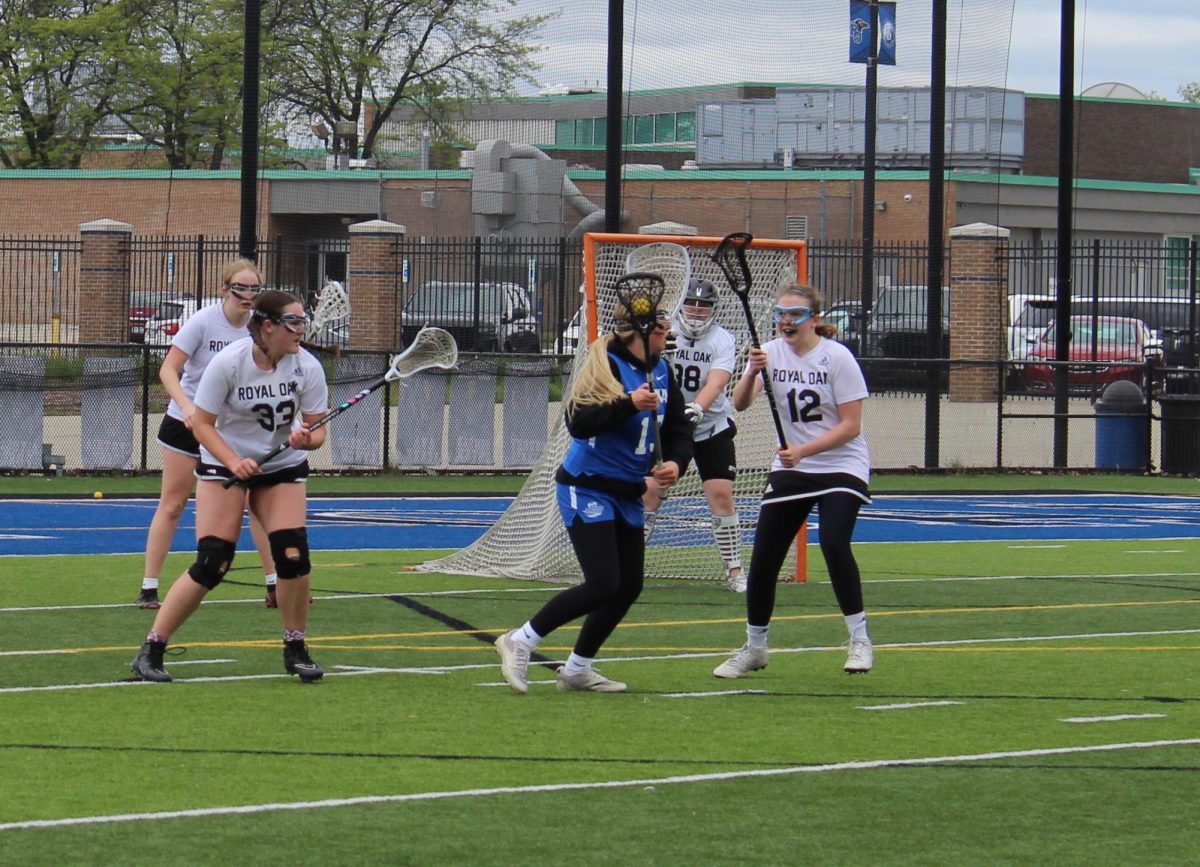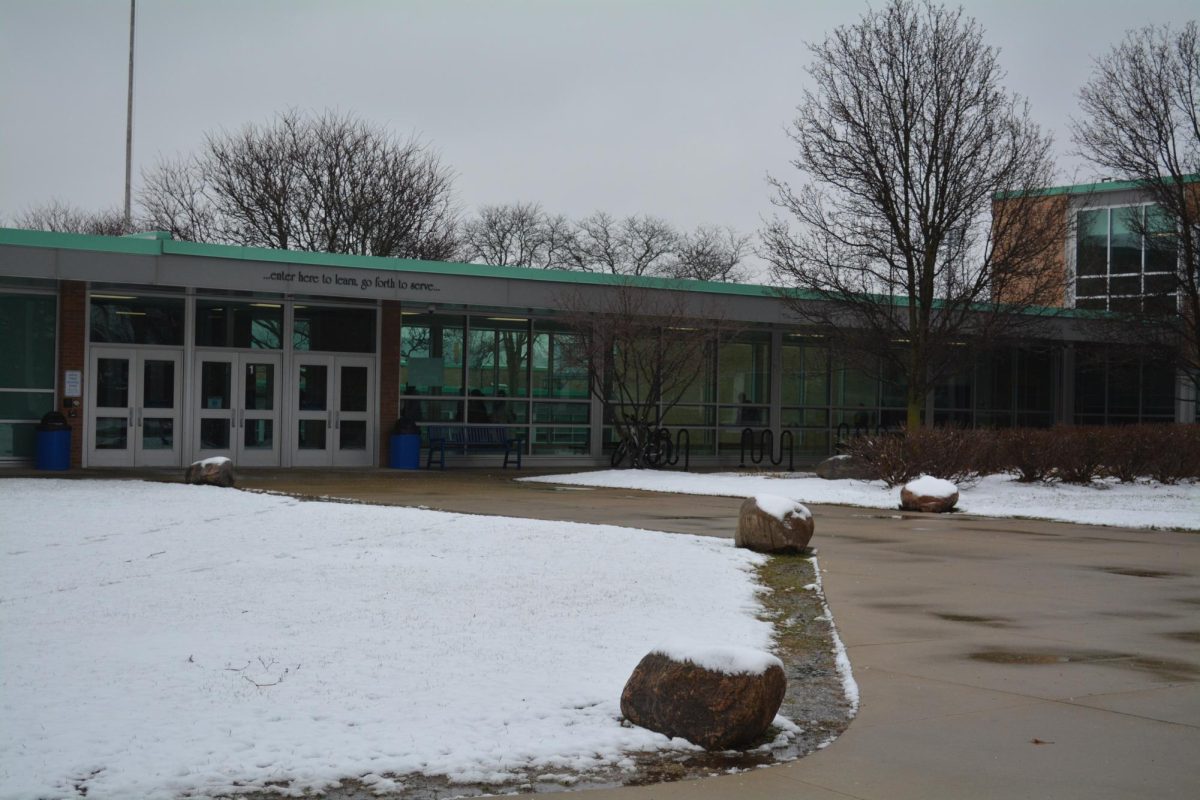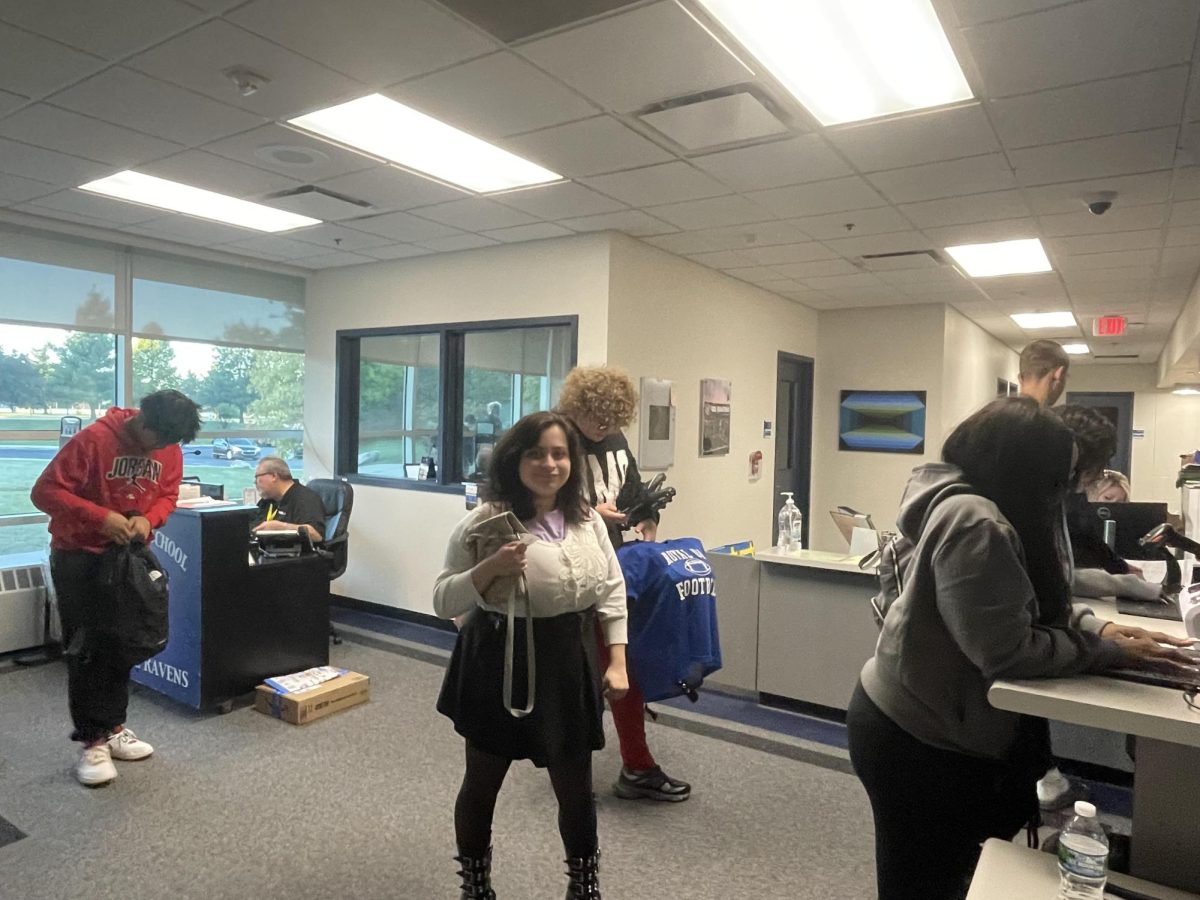On November 7th residents of Royal Oak and people across the United States took to the polls for the annual election. While not a presidential or midterm election, several important local elections took place, and the election in Royal Oak was one of them. In Royal Oak, the positions of Mayor, city commission, and two proposals were on the ballot.
The current mayor Michael Fouriner was reelected. Fouriner has been serving as mayor since 2016 and was a member of the city commission from 2011 to 2016. He campaigned on protecting the environment, promoting equity, and making Royal Oak a good community for seniors. Trish Oliver, Fouriner’s main opponent, campaigned on preserving single-family zoning, cutting taxes, and opposing the road millage. Fouriner won 9,065 to 6,477.
Fournier said in his reflection “I am truly grateful for the privilege to serve our beloved community for another term”
The City commission had 6 people competing for 3 spots. The candidates broadly fell into two camps, those who campaigned with Fouriner, and those who campaigned with Oliver. The candidates with Fouriner are Amanda Herzog, Monica Hunt, Rebecca Chezum. The candidates with Oliver were Wade Sutton, Peter Ferenczy, and Kathie Grant. The three candidates in Fournier’s camp all won reelection with Hezogg receiving 8,593 votes, Hunt receiving 8,590 votes, and Cheezum receiving, 8,275 votes compared to Sutton receiving 5,432 votes, Ferenczy receiving 5,339 votes, and Grant receiving 5,263 votes.
The first proposal was on the renewal of the city’s road mileage. A millage is a tax that is levied on private property such as a home or business. 1 mill is equal to $1 of tax per $1,000 of property value. The road millage will go to improving the roads and maintaining streets and sidewalks. It is levied at 2.5 mills, which would be $2.5 of tax per $1,000 of property value. The proposal passed with a vote of 8,014 to 7,817.
Haley Berry, a senior at Royal Oak High School who voted in the Royal Oak Election said “The road millage was really interesting to me as it has a direct impact on me and my church. I think that it is very relevant to the city”
The second proposal was to have the city’s elections change to a ranked-choice system of voting if the state law changes. Ranked choice voting is where you rank all of the candidates from your favorite to your least favorite. After all the votes have been counted if no candidate is above 50% they eliminate the last candidate and recount. Everyone who had the eliminated candidate as their current vote would have their vote counted for their next favorite. This process will repeat until a candidate is above 50%. This is different from the current system as currently you vote for your favorite candidate and the candidate with the most votes wins, even if they do not win a majority. Adopting a ranked-choice voting system is currently not allowed by state law, so the proposal will only go into effect if that ban is lifted. The proposal passed 7,930 to 7,765.


